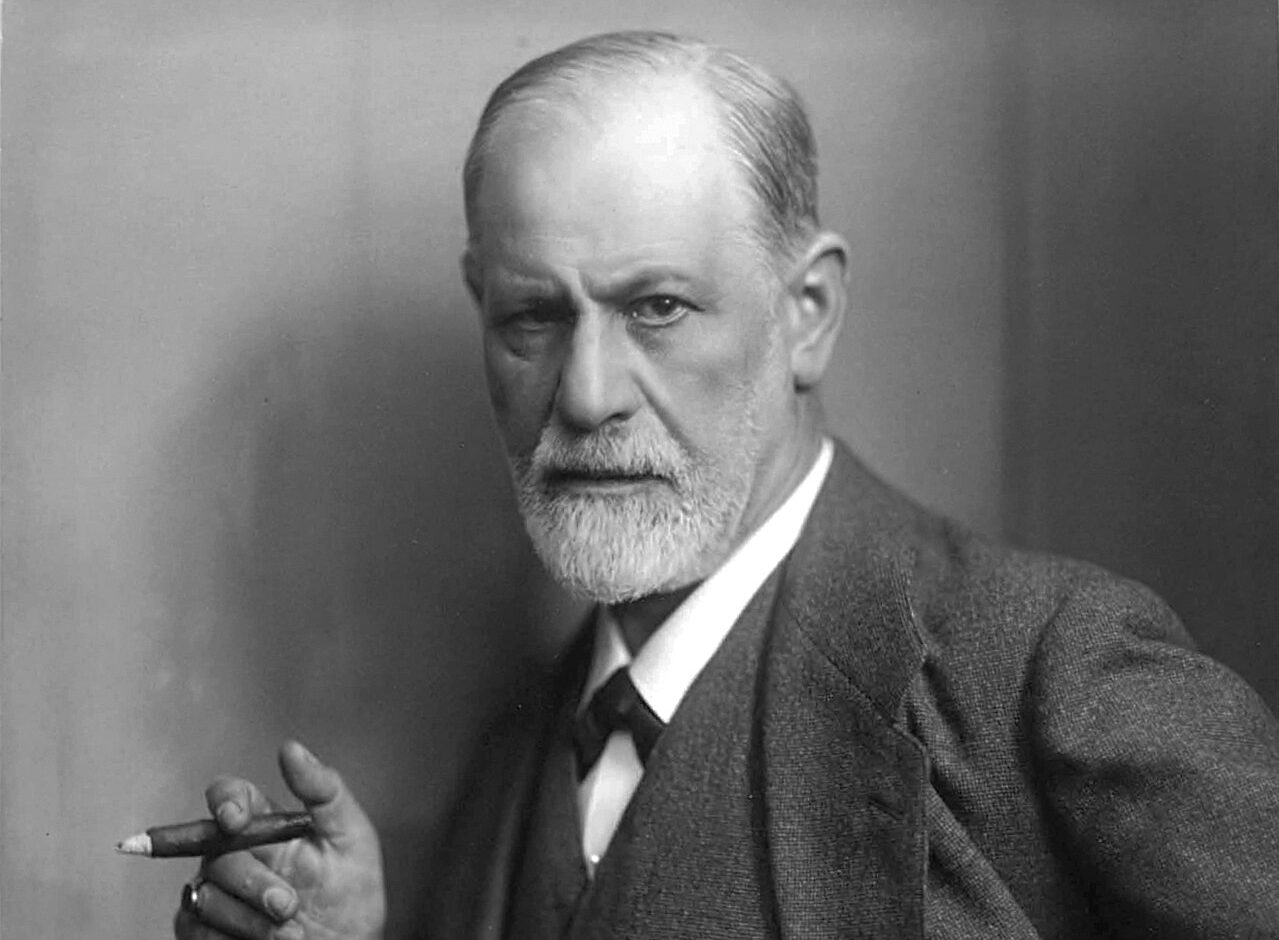

Sigmund Freud (1856-1939) was an Austrian neurologist and the founder of psychoanalysis. He is widely regarded as one of the most influential thinkers of the 20th century, and his theories about the human mind and behavior have had a profound impact on fields ranging from psychology and psychiatry to literature and the arts.
Freud was born in Freiberg, Moravia (now part of the Czech Republic), and he spent much of his childhood in Vienna. After studying medicine at the University of Vienna, he became interested in the work of Jean-Martin Charcot, a French neurologist who was studying the use of hypnosis to treat psychological disorders. This interest led Freud to develop his own theories about the workings of the human mind.
Freud’s theories focused on the idea that the human mind is divided into conscious and unconscious parts, and that much of our behavior is motivated by unconscious desires and conflicts. He believed that the key to understanding human behavior was to explore these unconscious motivations through techniques such as free association and dream analysis.
Freud’s work had a major impact on the field of psychology and psychiatry, and it influenced a wide range of thinkers in fields such as literature, philosophy, and sociology. However, his ideas were also controversial, and some of his theories have been criticized for being unscientific or even harmful.
In terms of wealth, Freud was successful in his career as a physician and a writer. He wrote numerous books and articles on topics ranging from psychoanalysis to cultural criticism, and he was a popular lecturer and public figure in Vienna and beyond. He also worked with wealthy patients, including members of the royal family, and he earned a comfortable income from his private practice.
However, Freud’s personal life was not without its challenges. He was diagnosed with cancer of the jaw in 1923, and he underwent numerous surgeries and treatments over the next 16 years. He also faced personal tragedies, including the death of his daughter Sophie in 1920 and the forced emigration of his family from Austria after the Nazi annexation in 1938.
Despite these challenges, Freud continued to work and write until his death in London in 1939. His legacy has had a lasting impact on the way we understand the human mind and behavior, and his ideas continue to be studied and debated by scholars and practitioners around the world.
Timeline
1856 – Sigmund Freud is born on May 6 in Freiberg, Moravia (now part of the Czech Republic).
1873 – Freud begins studying medicine at the University of Vienna.
1881 – Freud completes his medical degree and begins working at Vienna General Hospital.
1885 – Freud travels to Paris to study with Jean-Martin Charcot, a French neurologist who was using hypnosis to treat psychological disorders.
1895 – Freud publishes his first major work, “Studies on Hysteria,” co-written with Josef Breuer.
1900 – Freud publishes “The Interpretation of Dreams,” in which he introduces his theories about the unconscious mind and the role of dreams in uncovering unconscious desires and conflicts.
1902 – Freud founds the Vienna Psychoanalytic Society with a group of colleagues.
1914-1918 – Freud’s work is interrupted by World War I, during which he works with wounded soldiers.
1923 – Freud is diagnosed with cancer of the jaw and undergoes numerous surgeries and treatments over the next 16 years.
1938 – Freud and his family are forced to flee Austria after the Nazi annexation.
1939 – Freud dies on September 23 in London, where he had lived in exile since 1938.
Posthumously – Freud’s work continues to influence psychology, psychiatry, literature, and the arts, and his legacy remains the subject of ongoing study and debate.
5 interesting facts about Sigmund Freud:
- Freud initially planned to study law but changed his mind and studied medicine instead.
- Freud’s theories about the human mind and behavior were heavily influenced by his own struggles with mental health, including depression and anxiety.
- Freud was an avid collector of antiquities, including Greek and Roman sculptures and Egyptian artifacts.
- Freud’s daughter, Anna Freud, was also a prominent psychoanalyst and continued his work after his death.
- Freud was an early advocate for the use of cocaine as a local anesthetic, but later became disillusioned with the drug’s addictive properties.
5 quotes from Sigmund Freud:
- “The mind is like an iceberg, it floats with one-seventh of its bulk above water.”
- “Where id was, there ego shall be.”
- “The voice of the intellect is a soft one, but it does not rest until it has gained a hearing.”
- “The first requisite of civilization is that of justice.”
- “Unexpressed emotions will never die. They are buried alive and will come forth later in uglier ways.”










